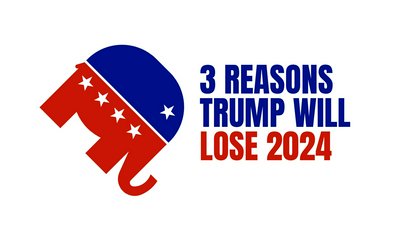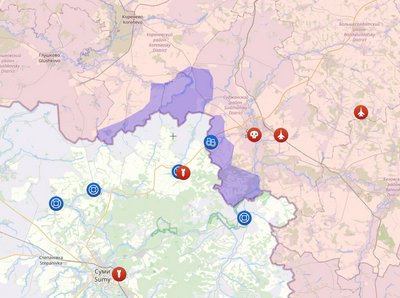economyEarth
Overpopulation and Economic Growth: Heads You Lose, Tails You Lose More [Discussing the Climate Emergency, part 1]
We are addicted to economic growth and, by proxy, population growth. Both threat our own existence through pollution, unrestrained resource consumption, and ...
Published by Dr Jiulin Teng on 23 May 2020 · Updated on 25 Jul 2021
![Hero Image for Overpopulation and Economic Growth: Heads You Lose, Tails You Lose More [Discussing the Climate Emergency, part 1]](/x/img/82/12/1590221856_t2.jpg)
In the centuries before the Industrial Revolution, neither population growth nor economic growth was a sure thing: In good years, crops grew well and more funds could go to non-farming activities; the economy grew. When there was a stretch of good years, the population grew. However, many years were not good, and both the economy and the population shrank from time to time. Still, the general trend had always been growth.
How Did We Get Where We Are?
Since the advent of Industrial Revolution, our yearning for growth can be satisfied like never before. New, large-scale manufacturing processes are more resilient to the old "bad years", and advancements in medical sciences continue to reduce infant mortality and increase life expectancy. Over time, we have conditioned ourselves to expect more, better, and faster. Too much is never enough.
While credit had been a thing for millennia, mass adoption of credit is a more recent phenomenon: corporate bond became a thing in the 17th century (Dutch East India Company), and mortgage as recent as the 1930s.
When an economy is driven by the expansion (or even the sustainment) of credit, economic growth becomes a necessity. If a person earns $100 a month, he can spend up to $100 (provided that he has not savings) a month without credit. If he wants or needs to spend $150, he can borrow $50 on credit. However, the next month unless things change dramatically, he will still earn just $100, and he has $50 plus interest that he must pay back. As such, this person must find a way to earn more so that he can pay back his debt and spend more each month.
Much of the same applies to corporations (unless we talk about zombie companies in crony capitalism) and, to a lesser extent, to countries.
In fact, countries that control their own currency and banking system is not inherently subservient to credit. However, the tools of monetary policies have their own limits, and overusing some may cause the market to lose confidence (e.g. default by inflation).
What Is the Problem?
Addicted to economic growth and ever-increasing consumption, we need to "make money" by having a large market. For countries, we also need more business activity and more production. Somehow (and there are many logics that lead to this), we have decided that having a larger population is the solution.
That Earth is a limited space, however, is a problem.
Historically, humans were unaware that species could go extinct. Colonialists used to hunt local species to extinction and wondered where those wily animals had gone hiding. Today, we are not simply driving other species to extinction: we are doing the same to ourselves.
To solve the climate and resource emergencies that we face, we need to reduce total emission, pollution, and consumption. A lot of attention has been on producing machines that emit less, pollute less, and consume less. However, we are building and using more of them on a per capita bases, and we are growing in numbers.
To be continued



